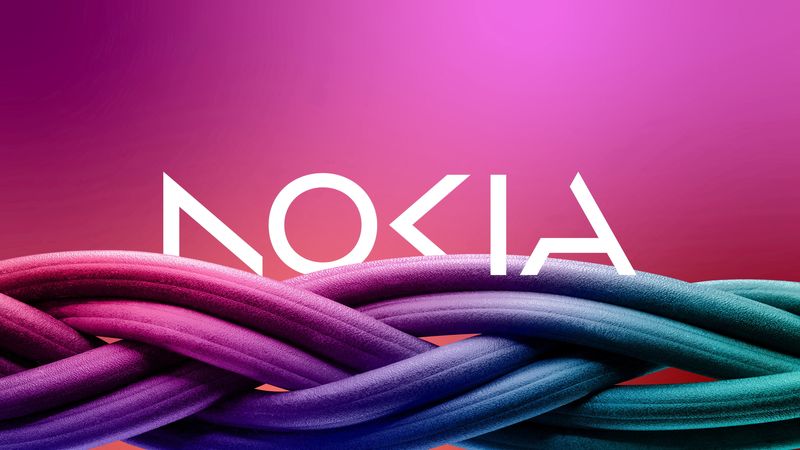Facing significant hurdles in the wake of Huawei's expulsion from Western markets, Nokia (HE:NOKIA) and Ericsson (BS:ERICAs), the remaining switchgear providers, are grappling with operators' reluctance to adopt 5G technology. The slow uptake is primarily attributed to difficulties in monetization and a lack of innovative applications that fully exploit the power of 5G, leading to job cuts and profit warnings at both companies.
Nokia is planning to cut 14,000 jobs, while Ericsson has issued a profit warning. Pekka Lundmark, Nokia's CEO, has pointed out that operators' hesitance and the absence of innovative applications leveraging 5G's potential are key factors causing these monetization issues.
Historically, operators have used new cellular generations mainly for congestion reduction, often sidelining the introduction of novel applications. This longstanding practice, combined with current hesitance and monetization struggles, is predicted to trigger a 7% cut in telecoms capital expenditure from 2022-2025.
Despite years of technological disappointments and Huawei's ouster from Western markets, demand for bandwidth-heavy services like Augmented Reality/Virtual Reality (AR/VR) and the metaverse continues to be robust. However, the industry's focus on network congestion over innovation has contributed to the projected decrease in capital expenditure.
The telecom industry, led by Nokia and Ericsson, is confronting these headwinds due to operators' failure to incentivize users with innovative 5G applications. This situation has resulted in user disappointments and unfulfilled promises that have further slowed down 5G monetization.
This article was generated with the support of AI and reviewed by an editor. For more information see our T&C.
